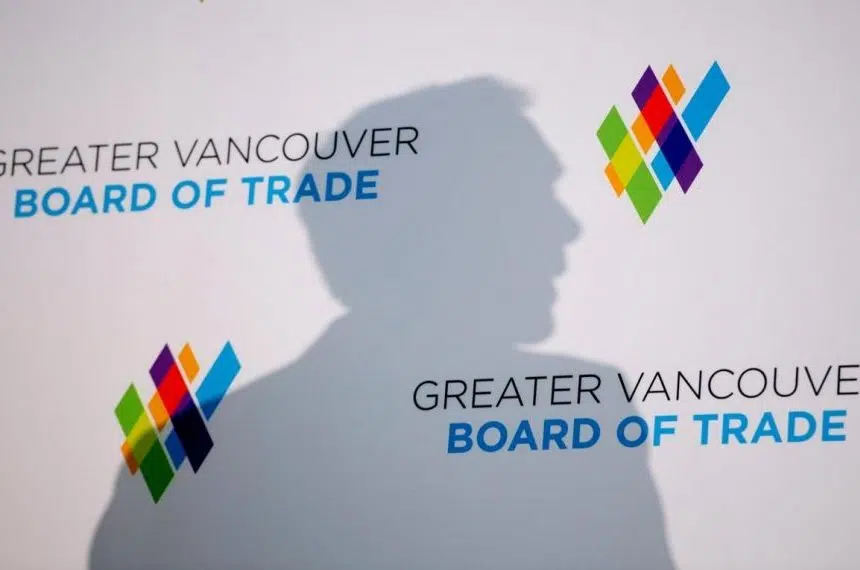VANCOUVER — Finance Minister Bill Morneau says Canada’s new trade deal will bring more economic stability, even as the government works to fairly compensate dairy farmers and deal with the dissatisfied steel and aluminum industry.
Morneau told members of the Vancouver business community that the United States-Mexico-Canada Agreement means Canada is now the only country to have deals with all its G7 partners but will continue its efforts to diversify trade around the world, including with China.
He says dairy farmers will be compensated to make up for access to 3.59 per cent of Canada’s market by American dairy producers under the new agreement.
Morneau says that’s slightly higher than the 3.25 per cent that was agreed to under another deal — the Comprehensive and Progressive Agreement for Trans Pacific Partnership — with 10 countries including Mexico, Japan and Australia.
The latest trade agreement, with the United States and Mexico, continues tariffs the U.S. imposed last spring on Canadian steel and aluminum, prompting the industry to criticize the government for selling out the sector.
Morneau says Canada is working to ensure producers are protected from potential diversion of steel and aluminum from other countries while also balancing the needs of users.
He called the USMCA a positive deal for Canada overall.
“We’ve created stability with our largest trading partner this week with the new deal with the United States, Mexico and Canada,” he told reporters after touting the agreement to the Greater Vancouver Board of Trade.
“I’m not in any way in agreement with people who are saying that there’s any problem with the agreement,” he said. “We’ve been able to come to an agreement that creates more stability and a greater level of confidence in the business community, confidence in making investments in Canada and as well investments in the other North American economies.”
He said the country’s economic future is further solidified with a $40-billion liquefied natural gas deal announced Tuesday by five companies that will build the project in northern British Columbia.
Morneau said in his earlier speech that Canada is looking to create tourism, education and financial-service opportunities with countries such as China as it works to expand its oil and gas industry to foreign markets with the building of the Trans Mountain pipeline.
He said Canada is also aiming to remove interprovincial trade barriers for “frustrated” Canadians as it works with all provinces including two new governments — in Quebec and New Brunswick.
The Canadian Press







